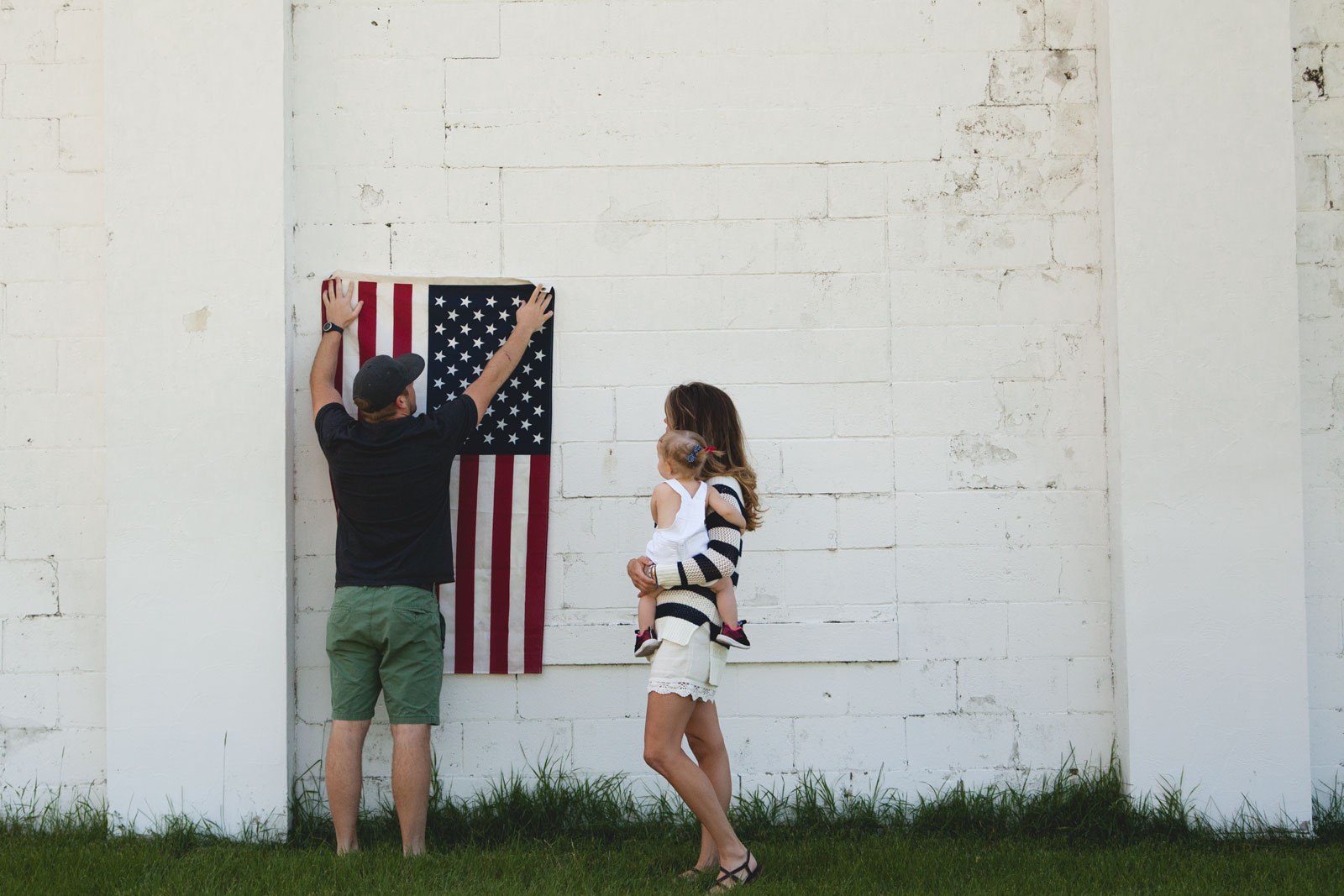The Local newsletter is your free, daily guide to life in Colorado. For locals, by locals.
Just because more than 73 million American children aren’t eligible to cast a vote on November 8 doesn’t mean they aren’t privy to the endless campaign commercials, debates, and conversations that are taking place around this particularly controversial election. It can be hard to explain why our candidates act the way we encourage our kids not to, while also educating children about how the results of each election may impact their lives. Melissa Buchholz, a clinical psychologist at the Child Health Clinic at Children’s Hospital Colorado and an assistant professor at the University of Colorado School of Medicine, and Molly LaTourette Gifford, a first grade teacher at Denver Public School’s Schmitt Elementary School, share their advice about how to talk about the election with your youngsters.
5280: What is the best way to start the conversation about politics and the election with your child?

Melissa Buchholz: Kids are always paying attention even when we think they’re not. Kids may bring [the election] up depending on the culture of the family. If parents are already talking about it, kids are more likely to bring it up. If not, start a conversation in a calm manner and invite them into a conversation. If you as a parent want to make them feel informed, just start by asking if they have any questions about the election.
Molly LaTourette Gifford: Parents can often feel like teachers are experts, not them. But parents are the experts on their kid and their family. Ask your kids what they are curious about. Ask them what are they wondering about. Set a tone for a conversation you want to have with your kids and be open to answer questions that make your kids feel uneasy.
The debates can get downright nasty, as can the commercials. How should parents explain the candidates’ behavior when it’s the same type we strongly discourage to our kids?
Buchholz: It’s important to point out that they aren’t being very fair and friendly. Ask if they think the candidates are getting their feelings hurt. And you can try to explain why the candidates feel so passionate about their campaigns and that can lead to people acting in ways they don’t normally act. Ask how they feel when someone says something that they know isn’t true or isn’t what they like. Talk about strong feelings and the emotions that can come up.
LaTourette Gifford: Right now, kids need to know that these people want to be the president. Explain what a debate is and its purpose. You can talk about how in order to share their opinions, we need to hear their voices to share ours. They are working really hard to get us to believe what they believe. And sometime we don’t like what they have to say or how they say it.
Challenging coworkers at the water cooler is one thing, but how do parents prepare their kids to handle arguments that may come up on the playground?
Buchholz: Parents can prepare kids to understand that lots of people feel really strongly about who are the best people to run our country. Just because people decide to support someone, doesn’t make it right or wrong. Teach them how to have a healthy disagreement with people. They can say, “That’s not what I believe, and it’s OK.” Try to talk about this before it happens. These are skills that they are going to need throughout their lives. This is a learning opportunity.
LaTourette Gifford: It’s important for kids to know that it’s OK to have different opinions that challenge us. Our thinking is always changing and that’s OK. We are always taking from conversations and adding to our own opinions.
How do we show kids the impact an election can have on them personally?
Buchholz: With middle and high school kids, let them have a conversation about their thoughts and what makes a good politician or ballot measure. When you are getting ready to vote, let them see the process. Let them know you are thinking about them with their vote. Parents should be encouraged to answer questions and guide thinking in a developmentally appropriate way.
LaTourette Gifford: One of my biggest goals isn’t to give students my opinion, but to make sure they have a voice no matter how little they are. State the facts of voting, and push how important it is. Everyone in my class will change the world, so we want to foster the reality that everything is always changing. Ask them how they would like to change the country. Challenge them to imagine their perfect world.
A lot of the discussion of how our nation could change depending on the elected candidates includes some frightening realities for some families. What’s the best way to talk through these ideas?
Buchholz: It’s important to monitor your kids to understand what they’re feeling. I want my kids to know at the end of the day, we’re good as a family and we’re safe. We have a role as parents to reassure our kids that this process is a good thing so that we all get a voice. Encourage them to contribute in different ways.
LaTourette Gifford: Some students in our school think about how their families will be impacted by who gets elected, and if they’ll get to stay in this country. As a teacher, I tell them to talk to their grownups about this. Parents are so busy, election or not, but we should be asking kids what they are concerned about. Just ask. Talk to your kids every day.








